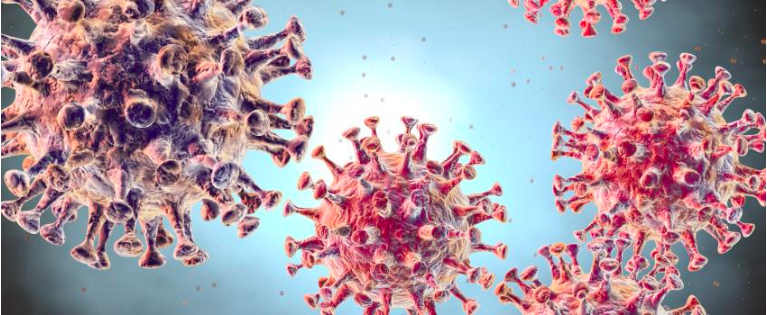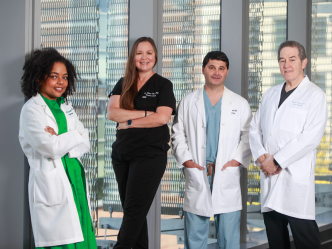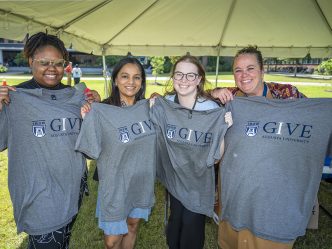On a special edition of the Georgia Cancer Center Facebook Live Q&A series, we discussed COVID-19 and how it can affect a cancer patient’s life.
Also, March is Kidney Cancer Awareness Month, so we shared information about kidney cancer to help educate you about this disease. Dr. Zach Klaassen, a urologic surgical oncologist at the Georgia Cancer Center, joined Chris Curry, communications and marketing manager at the cancer center, for the discussion.
Watch the full video and follow the Georgia Cancer Center on Facebook.
If a person has cancer, are they at a higher risk of getting the coronavirus?
According to the National Cancer Institute and American Cancer Society, a cancer diagnosis likely increases your risk of getting the coronavirus. However, this increased risk is most important among people that are undergoing active treatment such as chemotherapy, immunotherapy, radiation therapy or having recently undergone major cancer surgery.
All of these treatments will decrease a patient’s immune system (make them “immunocompromised”) to varying degrees and thus make them more susceptible to the coronavirus. The immune system is the body’s way of fighting off infection and this ability is lowered when undergoing treatment.
Are people with cancer at a higher risk of dying from COVID-19?
The early data from countries (ie. China, South Korea, Italy) that have had the greatest number of mortalities suggests that there are several risk factors for dying of the coronavirus.
The most common of these risk factors is age, with most of the mortalities among elderly patients (70’s and 80’s). However, other risk factors do include chronic medical conditions (ie. underlying respiratory issues, diabetes, etc) and being immunocompromised (ie. organ transplant patients, cancer patients undergoing treatment).
It is important that patients know that just because they get the coronavirus does not mean they are going to die from the coronavirus, however it does increase the risk.
If a person is diagnosed with cancer, what steps can they take to protect themselves from contracting the coronavirus?
Like all of us in these times of the coronavirus pandemic (and in general during the flu season), it is paramount for cancer patients to take several precautions when it comes to protecting themselves.
These include several measures endorsed by the CDC: (i) avoiding large social gatherings and close contact with people who are sick, (ii) avoiding unnecessary person-to-person contact such as handshakes, (iii) avoiding touching your eyes, nose, and mouth, (iv) washing your hands with soap and water for at least 20 seconds, (v) staying home as much as possible, (vi) making sure you have access to several weeks of medication and supplies in case you need to stay home for a prolonged period of time, (vii) when you go out in public, avoiding crowds, and (viii) avoiding cruise ship travel and nonessential air travel.
At the Georgia Cancer Center, we are not currently testing specifically for the coronavirus; however, we are taking several measures to ensure patient safety. These measures include taking each patient’s temperature when they arrive for their appointment, having a designated quarantine room for patients suspected of having the coronavirus, and rescheduling routine (ie. yearly) follow-up appointments to a later date and/or utilizing telehealth options.
Keep up with the latest news on our COVID-19 resources page.
 Augusta University
Augusta University




